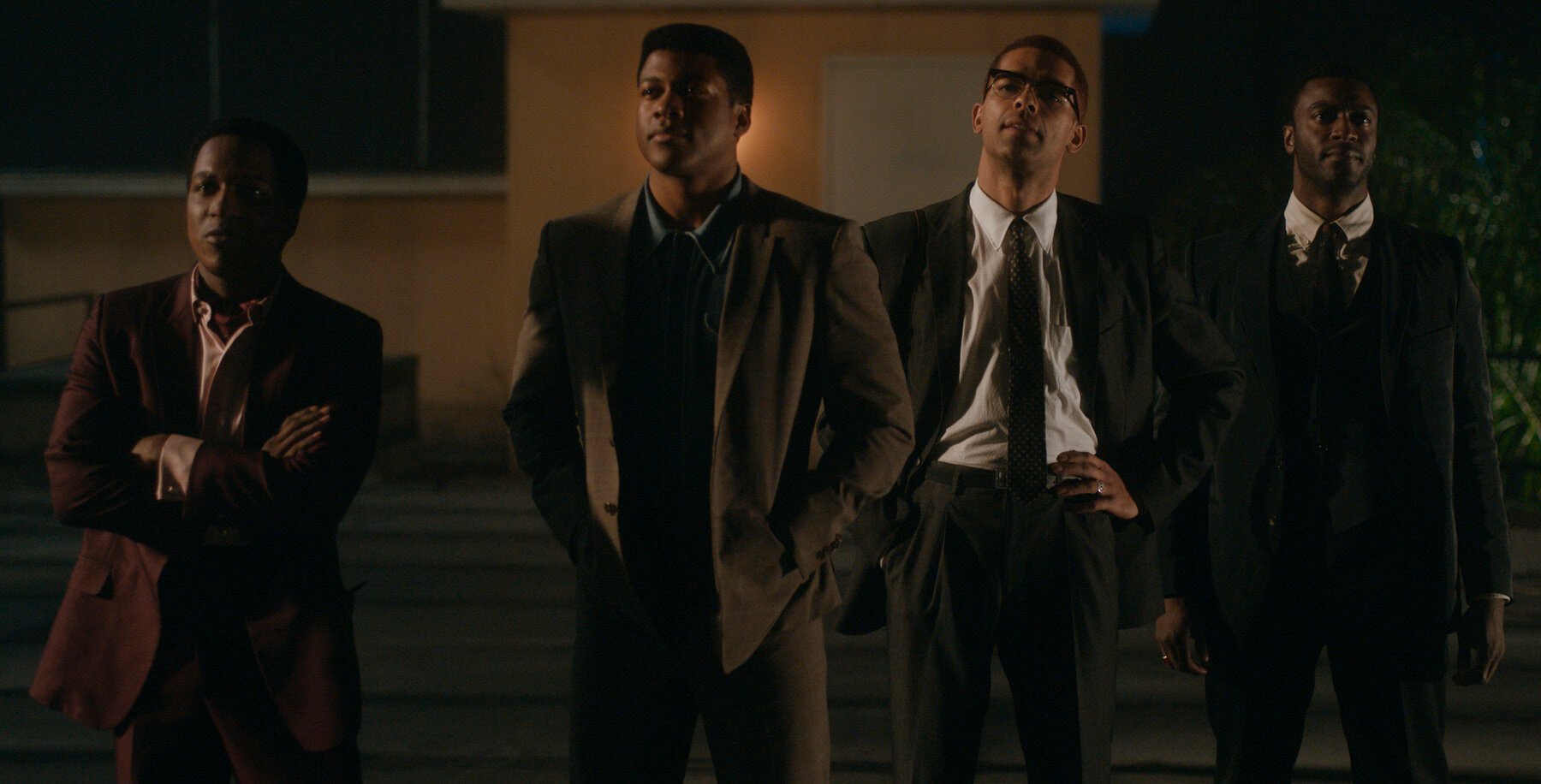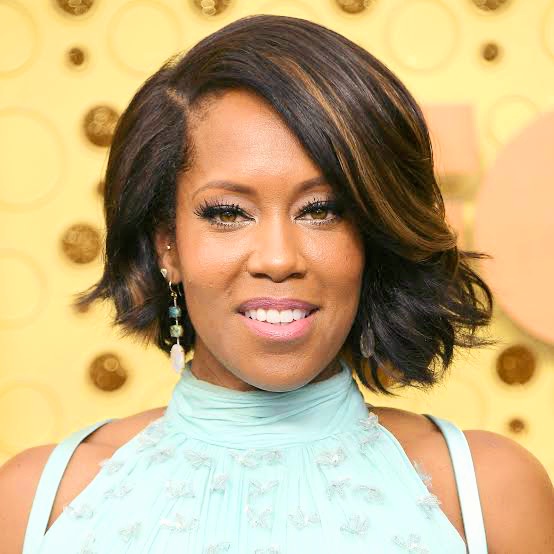The movie, an adaptation of Kemp Powers’ 2013 play of the same name, imagines what might have taken place on an evening in 1964 when Malcolm X, Sam Cooke, Jim Brown, and Cassius Clay (four ridiculously famous Black men who happen to also be friends) met after Clay’s upset victory over Sonny Liston. The meeting actually happened in real life, but the film takes some poetic license in interpreting what might have taken place between these figures – each at a personal and professional crossroad that had larger significance for the burgeoning Civil Rights movement.

At the time, Malcolm X is about to leave the Nation of Islam; Cooke is a pop star with an increasingly messy personal life; Brown is leaving a stable career in the NFL for the instability of Hollywood, and Clay is at the precipice of becoming a cultural icon on one of the biggest nights of his life.
The heart and soul of the film is confined to one room, a gathering that Clay, Cooke, and Brown (played by Eli Goree, Leslie Odom Jr., and Aldis Hodge respectively) initially believe to be a fight afterparty orchestrated by Malcolm X (Kinglsey Ben-Adir). It’s hardly a turn up though. Instead, it’s a sober, serious affair in a bland suite with only ice cream to liven the mood.

Malcolm X’s real goal, the others soon realize, is to steward Clay towards a deeper, more public relationship with the Nation of Islam and, as it turns out, confront Cooke about his lack of activism too. The resulting tumult has the four engaging in a spirited debate, a particular exchange to Black men, about how to best benefit Black America.
The ensuing conversation is philosophical, intense, occasionally vicious, and shockingly intimate as they reconcile their private lives with their beliefs and what they’re doing to support the struggle.

